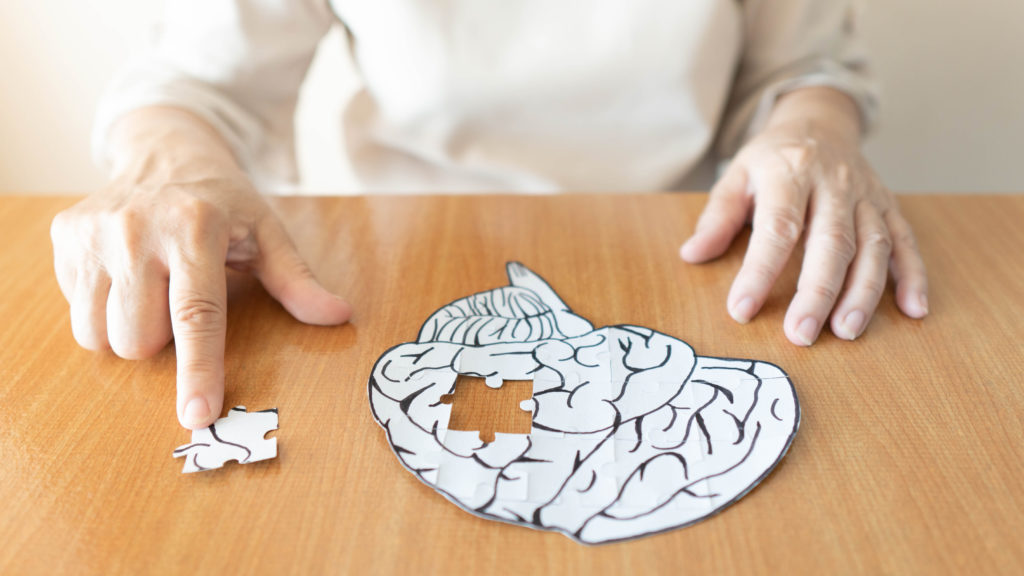
People who have loved ones with memory loss conditions are acutely aware of just how painful these conditions can be. Not only is it difficult for them to watch, but it is just as difficult to experience first-hand. Conditions that cause memory loss impact both the individual and those around them in ways that can leave eternal scars on their hearts.
While some types of conditions that feature memory loss cannot be cured or treated well enough to preserve one’s memory, there are some treatment techniques that can be applied to help improve memory in some individuals. One of those treatments is transcranial magnetic stimulation, or TMS for memory loss.
What is Transcranial Magnetic Stimulation (TMS)?
TMS stands for transcranial magnetic stimulation, which is an FDA-approved non-invasive medical treatment provided via a coil attached to the head. Most individuals use TMS for depressive disorders; however, it can be used for other purposes like memory loss.
During a TMS session, a medical professional will place a coil onto the patient’s head (usually on the forehead) and then place a cap over their heads. This cap helps hold the coil in place while it is working to deliver stimulating waves to the brain. Depending on the condition that is being treated, TMS will send a number of waves to the brain to help that area with its overall functioning. These waves can stimulate the area of the brain into working as it’s supposed to, reducing the symptoms that person is experiencing.
Types of Conditions with Memory Loss
It is a common misconception that people who experience significant memory loss have Alzheimer’s Disease. There are a number of conditions that cause memory loss, such as:
- Alzheimer’s Disease – Alzheimer’s Disease is the most recognizable type of condition with memory loss, as approximately 6.2 million Americans have it. Individuals with Alzheimer’s experience mental decline, difficulty understanding, problems thinking, and inability to develop new memories. This is unfortunately a deadly disease, as complications from the degeneration of the brain are fatal.
- Dementia with Lewy Bodies – Lewy bodies are protein deposits that develop in the nerve cells of the brain, impacting memory, among other things. Symptoms of this type of dementia not only include memory loss, but also mental decline and symptoms closely related to that of Parkinson’s Disease.
- HIV Dementia – HIV dementia occurs when the HIV virus spreads to the brain. Individuals who experience this type of dementia have significant memory loss, difficulty communicating, and a gradual loss of motor skills.
These are just some of the many conditions that include memory loss as one of its primary symptoms that TMS for memory loss can help.
TMS for Memory Loss
TMS therapy is beneficial for a number of reasons. Not only is it non-invasive, but it is painless and does not interrupt one’s daily life. When it comes to memory loss, however, it is commonly misunderstood that TMS actually causes memory loss, not treats it. In fact, individuals with memory loss who receive TMS therapy may experience new growth of brain cells in the hippocampus, which is the area of the brain that controls memory. This growth helps strengthen the function of the hippocampus, ultimately reducing some of the memory-related symptoms in those with conditions like Alzheimer’s and dementia.
TMS therapy can also help target areas of the brain that are responsible for cognition. This allows for a lessening of symptoms such as problems thinking and difficulty understanding. Individuals who receive TMS for memory loss can benefit from seeing an improvement in their overall cognitive skills, allowing for a slower mental decline.
It is important to understand that while there are several studies that show the effectiveness of TMS for memory loss, there is still a great deal to learn about this type of treatment and memory loss conditions. In the meantime, individuals grappling with these memory loss conditions can benefit from TMS therapy to help keep their minds as sharp as possible.

